Question And Answer
Publications
Articles, publications, books, tools and multimedia features from the U.S. Institute of Peace provide the latest news, analysis, research findings, practitioner guides and reports, all related to the conflict zones and issues that are at the center of the Institute’s work to prevent and reduce violent conflict.

Ethiopia’s Experiment in Reconciliation
In February 2019, the Ethiopian parliament adopted a landmark proclamation establishing a national reconciliation commission, the first-ever such institution in Ethiopia. Six months on, the commission has developed a three-year plan and begun consultations. But the body was formed without broad-based political consensus regarding its mandate, so has yet to win the critical trust of Ethiopia’s many social and political groups. Dr. Solomon Ayele Dersso discusses the mandate of this body, the challenges ahead, and how the commission could help build peace in Africa’s second most populous country.
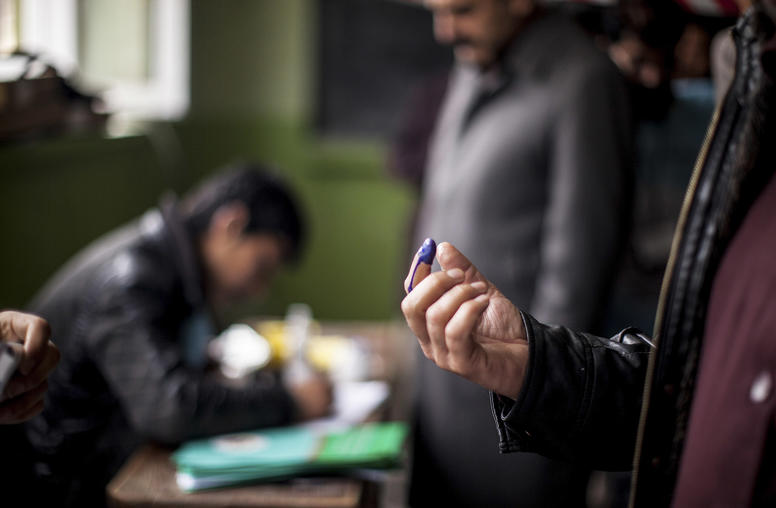
Walking a Fine Line: Holding Elections Amid Peace Processes
Elections that are organized amid a peace process can either destabilize or pacify a conflict. The vote can put significant pressure on a peace accord, as Colombia is experiencing today, or it can integrate formerly warring parties into the political process, as in Nepal’s 2008 Constituent Assembly elections. The timing of elections in relation to peace processes, as well as the inclusivity of the process itself, are critical in determining whether peace or conflict prevails at the polls.
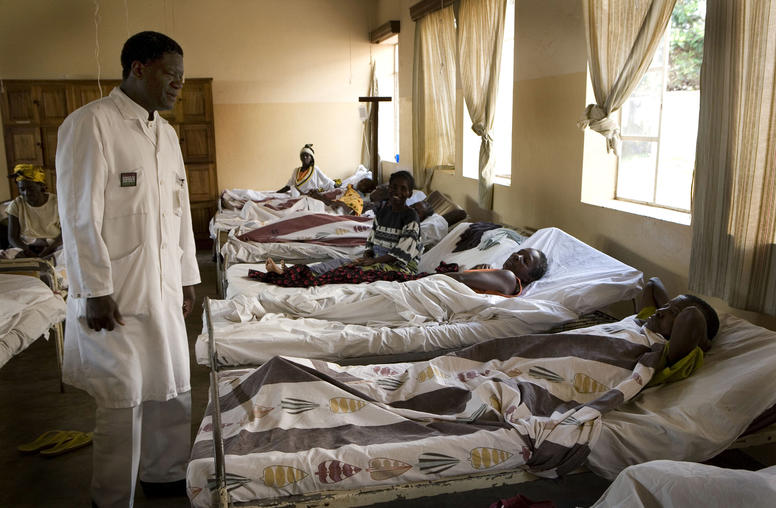
The Elusive Peace: Ending Sexual Violence during and after Conflict
Awarding the 2018 Nobel Peace Prize to advocates for survivors of wartime sexual violence, Dr. Denis Mukwege and Nadia Murad, indicates that the issue of sexual abuse has gained international recognition. This comes ten years after the adoption of the UN Security Council Resolution 1820, which declared that conflict-related sexual violence constitutes a war crime and a crime against humanity. This Special Report highlights the limited scope of the resolution, examines the connections between sexual violence and conflict, and urges key stakeholders to view sexual violence—both during conflict and after—as a threat to international peace and security.
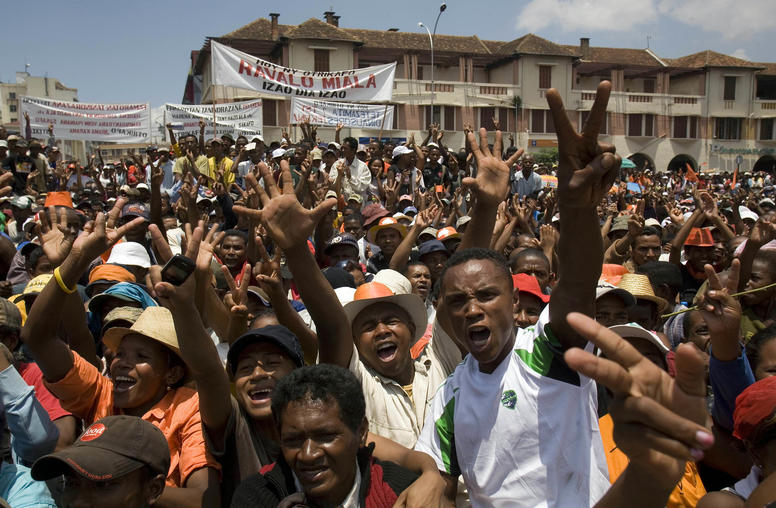
In Madagascar, a Presidential Vote Sees Old Fissures Resurface
On November 7, the Indian Ocean island nation of Madagascar, a country larger in area than California and more populous than Florida, goes to the polls to elect its next president. With a history of political crisis and fraught elections, the 2018 polls have seen renewed acrimony as no less than four former presidents of Madagascar seek the country’s highest office. USIP’s Aly Verjee and Jonas Claes discuss what’s at stake, the challenges ahead and how election disputes and violence can be mitigated.
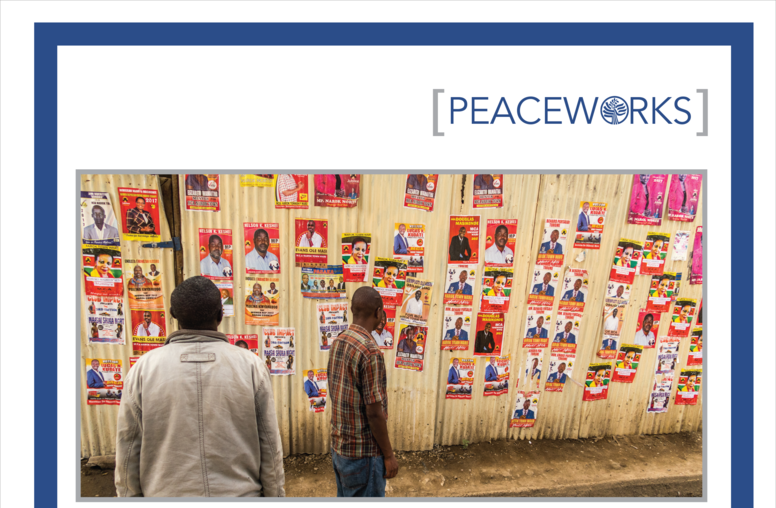
What Works in Preventing Election Violence
Drawing on extensive field research in Kenya and Liberia around the 2017 elections in those countries, this report uses local survey data to evaluate the effectiveness of seven prevention measures thought to reduce the risk of election violence. Its recommendations, directed primarily to the international community but offering...
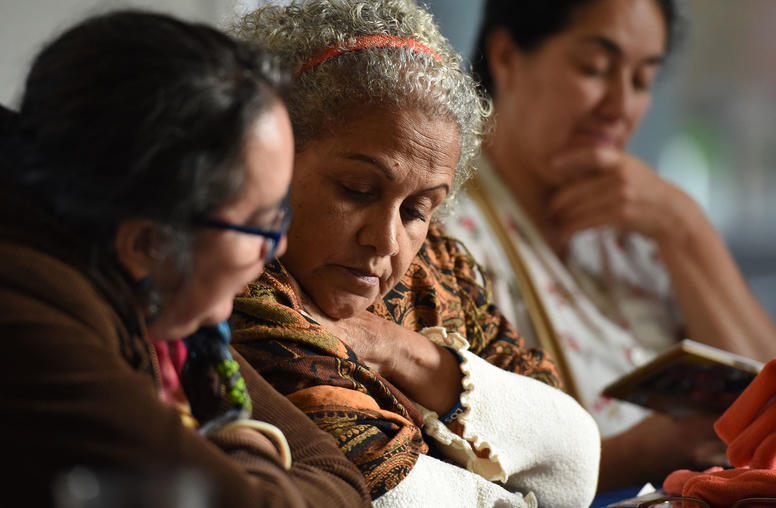
If we want to build peace, we can’t keep women out.
When nations affected by violent conflict try to make peace, the evidence is clear on what works. For a durable peace agreement, women must be included throughout the process. While the U.N. Security Council unanimously endorsed that goal in 2000, women still are excluded from peace processes. Among 504 peace accords signed by 2015, only 27 percent even mentioned women. A U.N. study of 14 peace processes from 2000 to 2010 found that women comprised only 8 percent of negotiators and 3 percent of signatories.
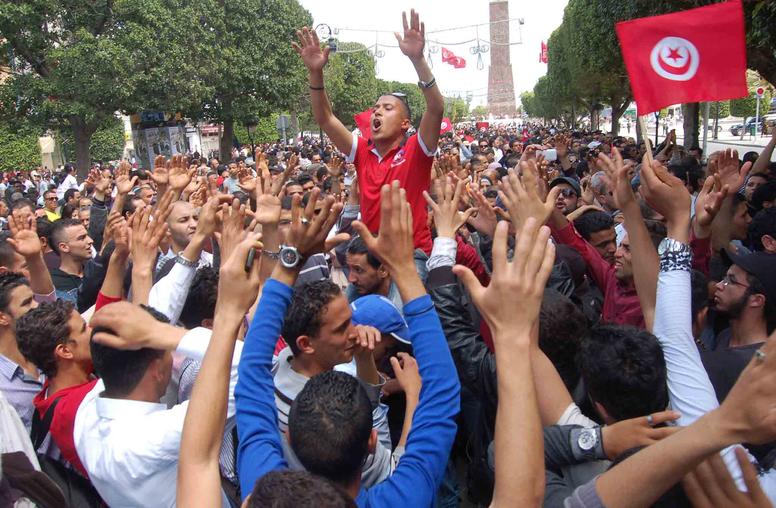
To Defeat Terrorism, Use 'People Power'
As governments and communities seek the right combination of methods to halt terrorism, one that we too often miss is nonviolent resistance. It’s not that we haven’t seen the power of protest movements that use mass marches, sit-ins, boycotts and other forceful but nonviolent tactics. To the contrary, people worldwide have been moved by watching such movements sweep aside the walls of apartheid, the tanks of dictators or the impunity of kleptocracies...
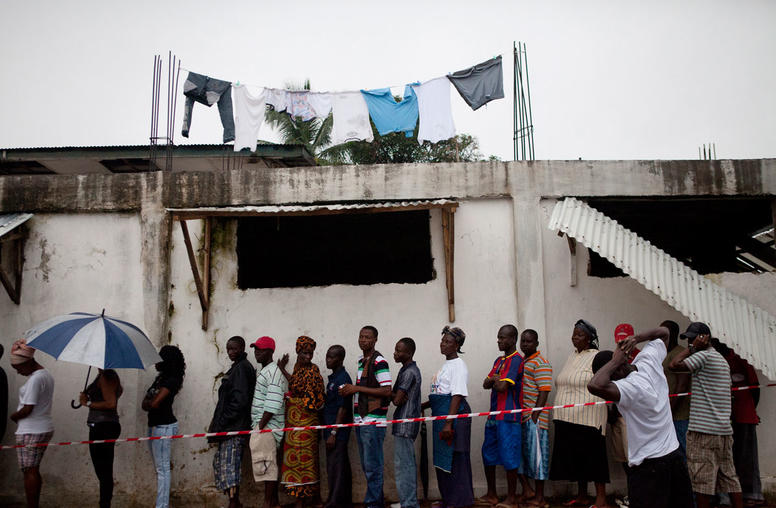
How the United Nations Can Harness 'People Power'
The United Nations has declared a priority this year to unify and strengthen its work in building peace—and U.N. bodies will meet in the next two months to advance that change. U.N. leaders have acknowledged that a vital element in peacebuilding is nonviolent, grassroots movements. But as the United Nations aims to more efficiently promote peace, how prepared is it to actually work with them?
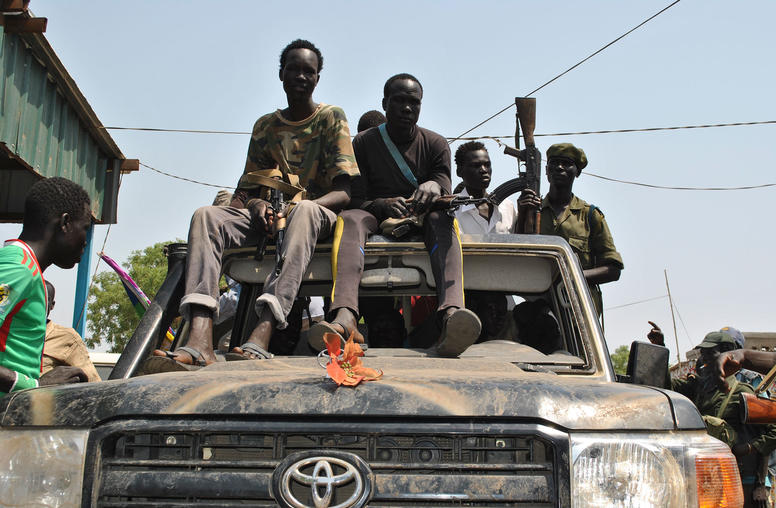
South Sudan’s Pitfalls of Power Sharing
This week, a new proposal for a power sharing government was tabled at the ongoing Intergovernmental Authority on Development (IGAD) High Level Revitalization Forum (HLRF) peace talks for South Sudan. An earlier, 2015 peace deal also contained a formula for power sharing; that arrangement failed and the civil war re-ignited a year later. Power sharing arrangements are appropriate if certain conditions are met, but not enough has been done to ensure the latest proposal will overcome the obstacles present in South Sudan, according to Susan Stigant, USIP’s director for Africa programs and Aly Verjee, a visiting expert at USIP and a former senior advisor to the IGAD mediation, who comment on the proposal and suggest how it could be improved.
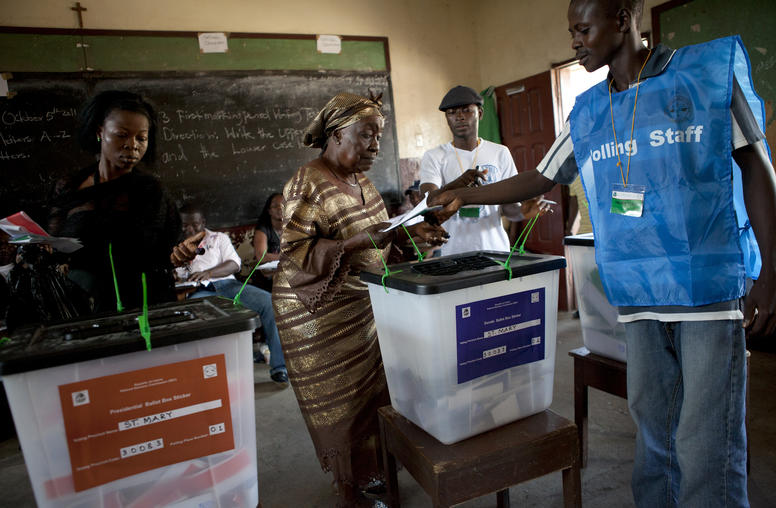
Electing Peace in Liberia
The day after Christmas Liberians went to the polling stations to elect George Weah, a former international soccer player, as the new President of Liberia. Weah beat the former vice president and chief opponent, Joseph Boakai, in a run-off election. The risk of election-related violence was substantial given...